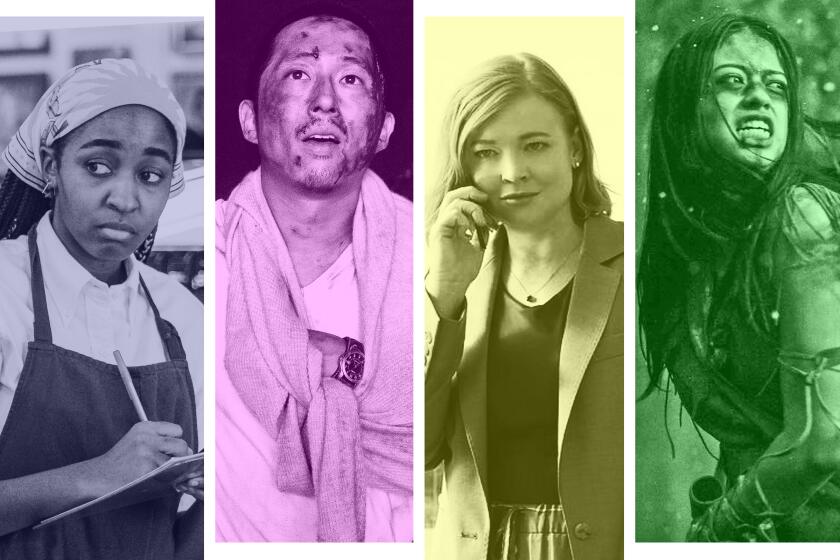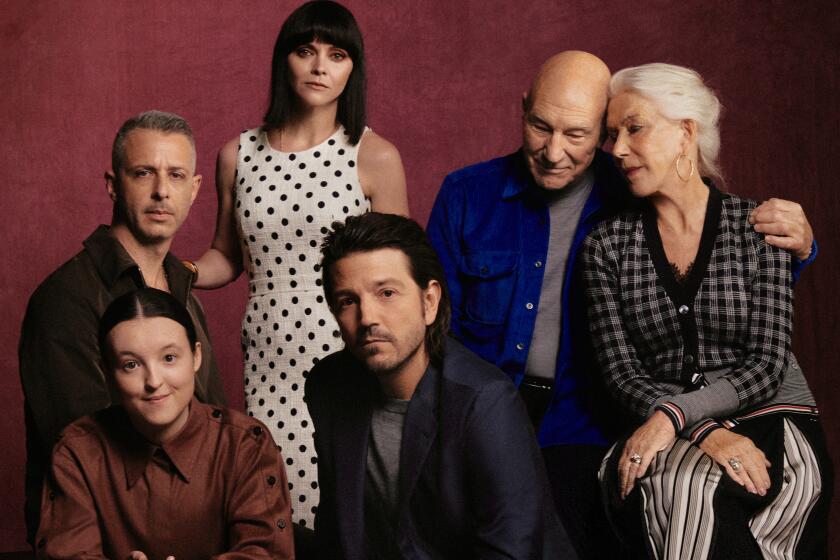Bryan Cranston plumbs the depths in ‘Your Honor,’ then slowly begins the climb back
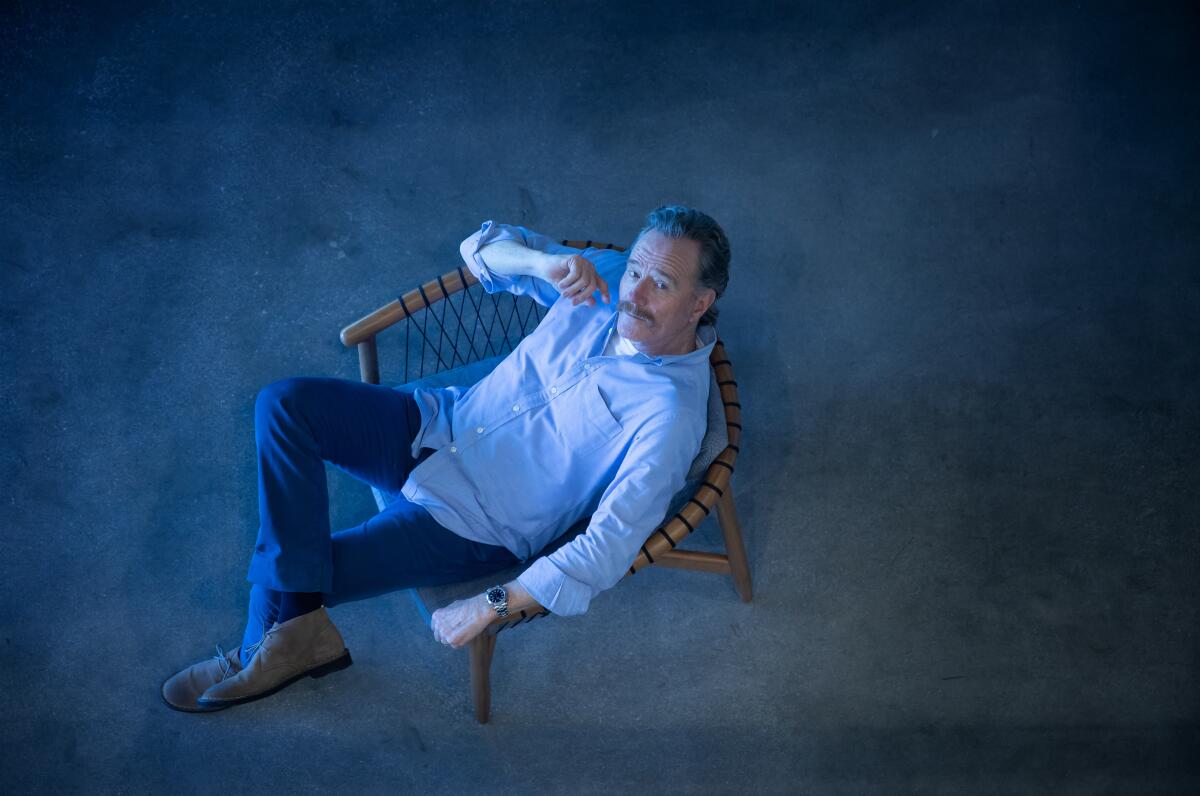
- Share via
“Your Honor” could have been complete after Season 1’s horrific full-circle finale, in which the “honorable” protagonist’s entire impetus for his long journey into hell — protecting his son — leads to the young man accidentally being killed. Ending there, the show would have been about karmic retribution. Instead, the second season transformed into a story of (some measure of) redemption. Even rebirth.
“If the first season was more ‘King Lear,’ then this season is more ‘Hamlet,’ where he truly doesn’t want to live, in the beginning,” says star and executive producer Bryan Cranston, who plays erstwhile respected New Orleans judge Michael Desiato in the Showtime drama. “By the end of the season, hopefully without being too on the nose, we wanted to give the audience the sense that Michael doesn’t want to die anymore. That he [eventually becomes] reconnected to humanity enough to shift into, at least, neutral.”
As the series begins, Michael is forced to make life-or-death decisions on the fly when his son, Adam (Hunter Doohan), inadvertently kills a motorcyclist in a traffic accident. When the victim turns out to be the son of a ruthless underworld figure, Michael moves to cover up Adam’s involvement — triggering a lethal and ever-widening butterfly effect that destroys several lives, including Adam’s, Michael’s and an entire innocent family’s.
Cranston says. “I’ve asked [people], ‘What would you do to save the life of your child?’ And the answer is, ‘Anything.’ The next question: ‘Would you knowingly become a criminal?’ ‘Yes, I would.’ Then the third question: ‘Would you allow an innocent person harm or death?’ And that stops people cold. And that’s where we are with the show.”
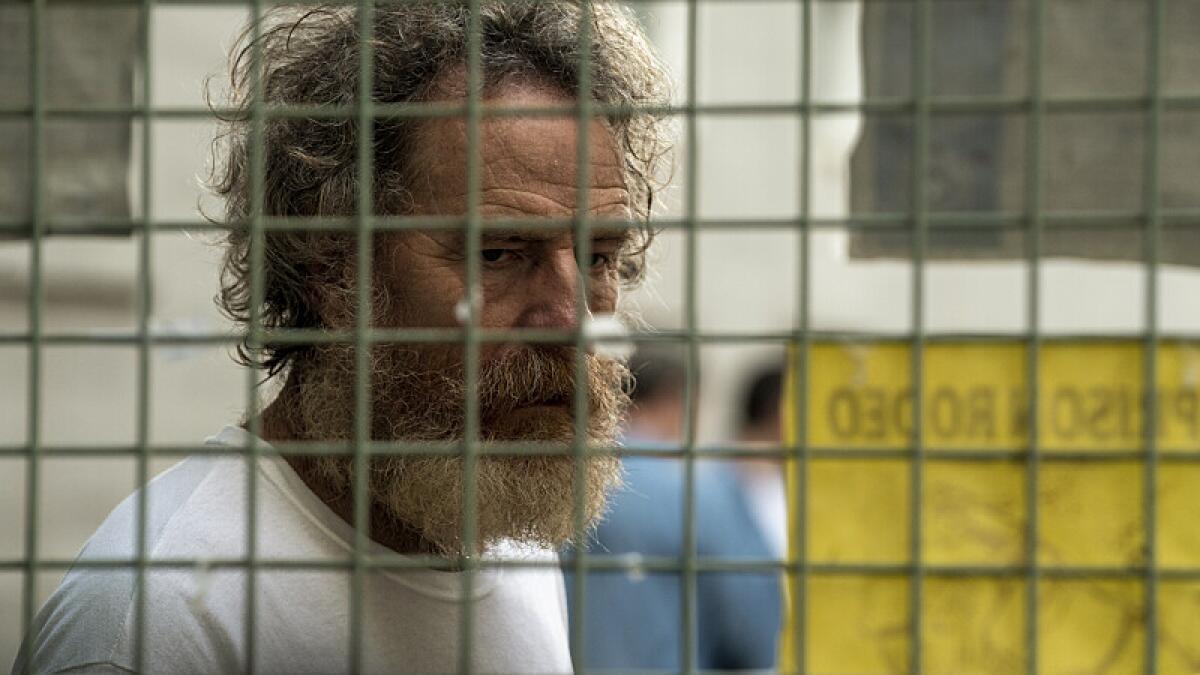
The pitch-dark drama’s first season finds Michael doing things he never could have imagined in order to maintain the rickety framework of lies keeping his son alive. His actions are as grand as subverting a trial to keep the mobster’s other son out of prison and as small-but-despicable as blurting out to the woman he’s dating he loves her simply to distract her from witnessing one of the cogs of his plan. Then, after his own son becomes collateral damage, Season 2 finds the devastated former judge in prison, not talking or eating — just wasting away.
The actor says that though creator Peter Moffat was unable to return as showrunner for the second season due to family issues, they had intended a two-season arc from the start. The second season was to depict Michael’s long, slow crawl back to life.
Our BuzzMeter panel of veteran TV journalists predicts the winners in 14 categories of the 2023(?) Emmys. You can, too, in our weekly polls.
“I wanted to incrementally, subtly show there are things that are connected to being human, that he forgot about or he stumbles upon until we know [he’s no longer suicidal], without having him say, ‘Hey, I think I’d like to live now.’”
Cranston and Season 2 showrunner Joey Hartstone agreed Michael should be “a man who wants to die; he’s not motivated to do anything.” Indeed, it’s only threats to those he cares about that force him out of his death spiral. In taking action, he inches toward redemption.
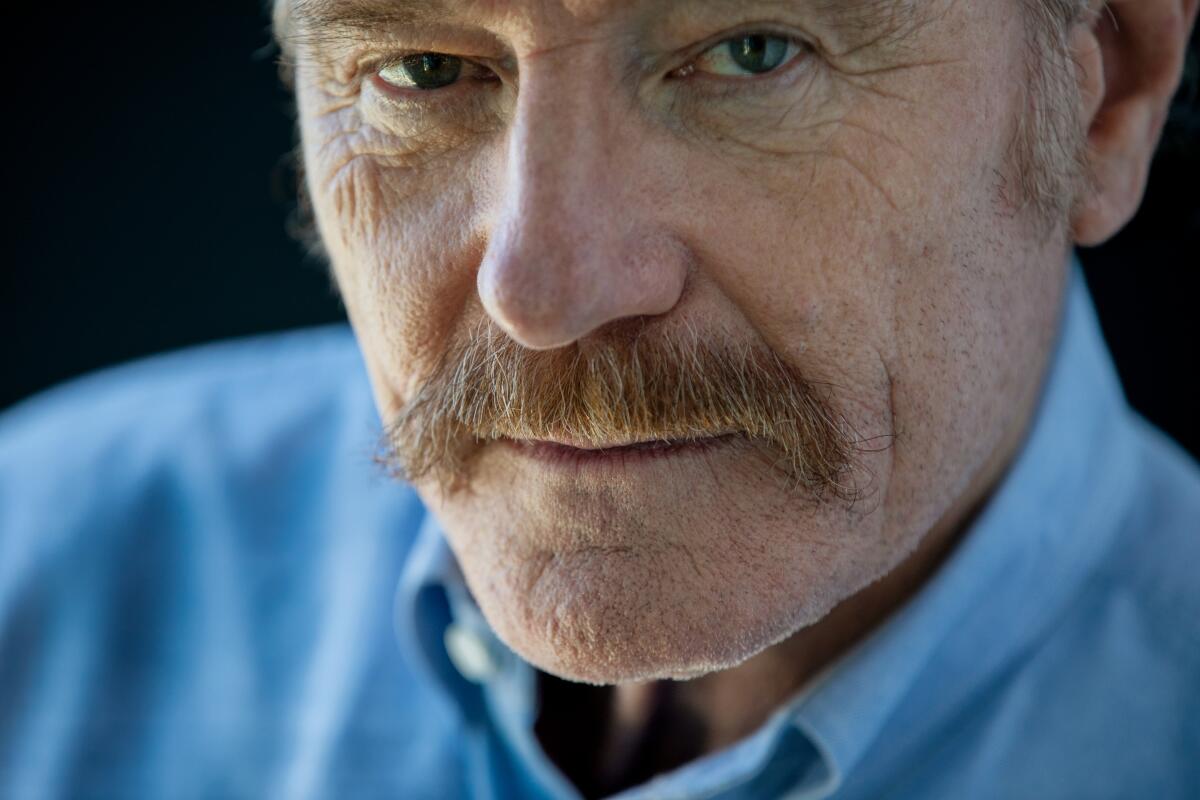
“It was a tribute to Showtime to allow that second season to” be so dark and to take its time, Cranston says. “I reminded them where this is going. It’s not going to be a first episode ‘Michael Desiato gets his mojo back, overcomes his anguish and his deep despair over the loss of his son, and here he is, back!’ No, it’s the entire season.
“I wanted to be true to that. I think if I lost my child, it would change me as a human being. I could not live the same way. My relationship with my wife would be challenging and different, and with friends ... I just can’t imagine it being anything like what it was.
“The other thing that I was interested in playing this season was the power of apology, of asking forgiveness. And it’s a two-way street. The courage to ask forgiveness, and also the courage to grant forgiveness. It’s not a weakness if someone can identify their own personal weakness; that’s enlightenment. ‘I’ve wronged, I’ve hurt someone, and I need to make amends for that.’ ”
In a roundtable conversation, Diego Luna, Helen Mirren, Bella Ramsey, Christina Ricci, Patrick Stewart and Jeremy Strong dive deep into their appreciation of writers, mothers and “not giving a f--”
True, he finds a way to be useful in the end, using his expertise to save one of the victims of his collateral damage, but it’s the carefully planned details that really tell the story of Michael Desiato in Season 2.
The key vehicle of rebirth is a near-literal one: the revelation that Adam had conceived a child with his girlfriend before he died. Michael doesn’t feel worthy of connecting with the baby and his mother. He can’t even bring himself to pet his beloved dog. Over the course of many episodes, he comes to hold the baby, even feed it. The increments are as small as him giving his dog a spoonful of peanut butter.
“Where do I put the spoon to put the lid back on? I just shove it in my mouth. And I take a moment: ‘Oh, my God. Peanut butter.’ It’s not a big thing, but it’s those little things — the little joyous moments that we take for granted — seeing a dog, seeing a baby, tasting peanut butter. These little things no one would write about, but if we see glimpses of these with him, then we know that he is, even involuntarily, reconnecting to humanity.”
More to Read
From the Oscars to the Emmys.
Get the Envelope newsletter for exclusive awards season coverage, behind-the-scenes stories from the Envelope podcast and columnist Glenn Whipp’s must-read analysis.
You may occasionally receive promotional content from the Los Angeles Times.
